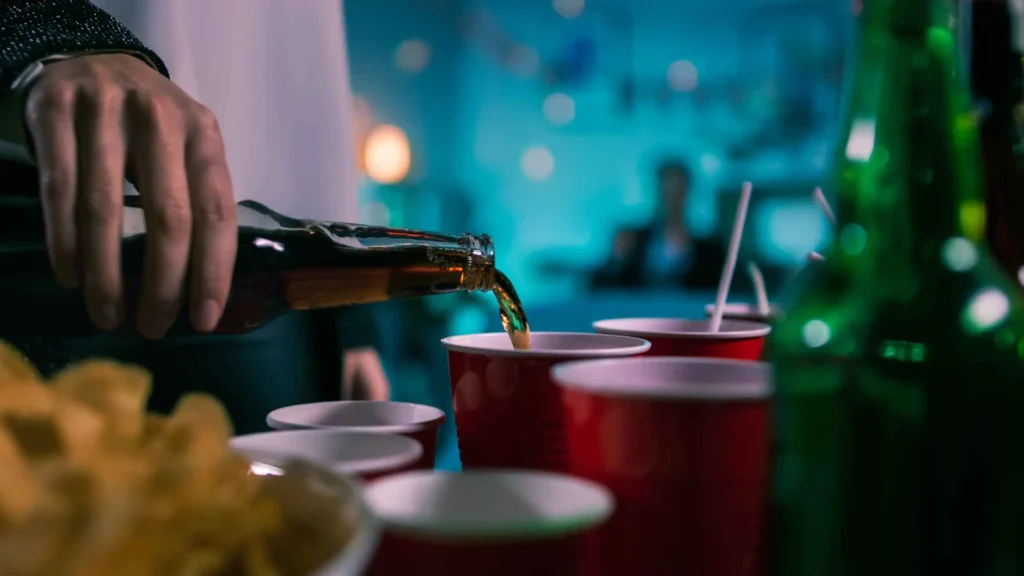BYOB liability: Am I liable if my guests get too drunk?
Premises Liability - August 21, 2023
Hosting a BYOB (Bring Your Own Booze) event or incorporating this concept into your restaurant service can provide an alternative and engaging way to entertain. However, it also brings forth some legal considerations and potential risks related to the consumption of alcohol by guests or customers.
This FAQ aims to provide some guidance on the topic. If you need more personalized information, contact a Chicago premises liability lawyer to better understand your position.
Are you liable for hosting a BYOB party?
Yes, as a host, you could potentially be liable for incidents due to excessive alcohol consumption at your BYOB party. Depending on the jurisdiction, hosts can be held responsible for their guests’ actions if they are underage or leave the party intoxicated, which causes harm or damage.
The term “Social host liability” refers to this concept, and these laws vary by state and locale. It’s important to remember that while a BYOB event might limit some of your responsibilities as you’re not the one providing the alcohol, it does not necessarily absolve you of all liabilities. Therefore, understanding the local laws and your potential responsibilities is always a good idea, particularly if you’re frequently hosting such events.
What are some preventative measures to limit liability at a BYOB party?
There are several ways to limit liability at a BYOB party. Here are a few suggestions:
- Limit consumption: Monitor and limit the amount of alcohol each guest consumes.
- Hire trained servers: Trained bartenders can recognize the signs of intoxication and prevent over-serving.
- Provide alternatives: Offer plenty of non-alcoholic beverages and food to help slow the absorption of alcohol.
- Arrange for transportation: Encourage the use of designated drivers, taxis, or rideshare services.
- Check IDs: Always verify the age of your guests to prevent underage drinking.
These measures can help but do not guarantee complete absolution from liability.
Does having a waiver signed by guests eliminate BYOB liability?
While having a waiver signed by guests can provide some protection, it’s not guaranteed to eliminate BYOB liability. The effectiveness of these documents depends on many factors, including the specific language of the waiver and local laws. In many cases, waivers cannot protect against negligence or willful misconduct claims. Consult a legal expert before relying on waivers as a primary protection method.
BYOB liability in restaurants
For restaurants, BYOB liability can be a complex issue. Depending on local and state laws, restaurants may be held liable for any incidents that arise due to the consumption of alcohol on their premises, even if the customers themselves brought in the alcohol.
If a restaurant allows BYOB in many jurisdictions, it is treated similarly to a licensed alcohol seller. This means the establishment could potentially be held responsible if a patron becomes overly intoxicated and subsequently causes harm or injury. “Dram shop liability” is often used to explain these situations.
For restaurant owners considering a BYOB policy, it’s crucial to understand local laws, possibly enforce rules regarding the responsible consumption of alcohol and carry appropriate insurance. Consulting with a local lawyer, especially a Chicago premises liability lawyer if you’re in the area, would be a wise step towards understanding and managing these potential liabilities.
Want to know more about BYOB liability in Illinois?
A Chicago premises liability lawyer can guide you in understanding Illinois’ laws regarding BYOB liability. They can advise on preventative measures, help you understand your potential legal risks, and represent you in court if a claim is filed against you. Their role is crucial in preventing and dealing with potential legal issues related to BYOB events.
Contact Horwitz, Horwitz & Associates, or call (800) 985-1819 for a free consultation.



